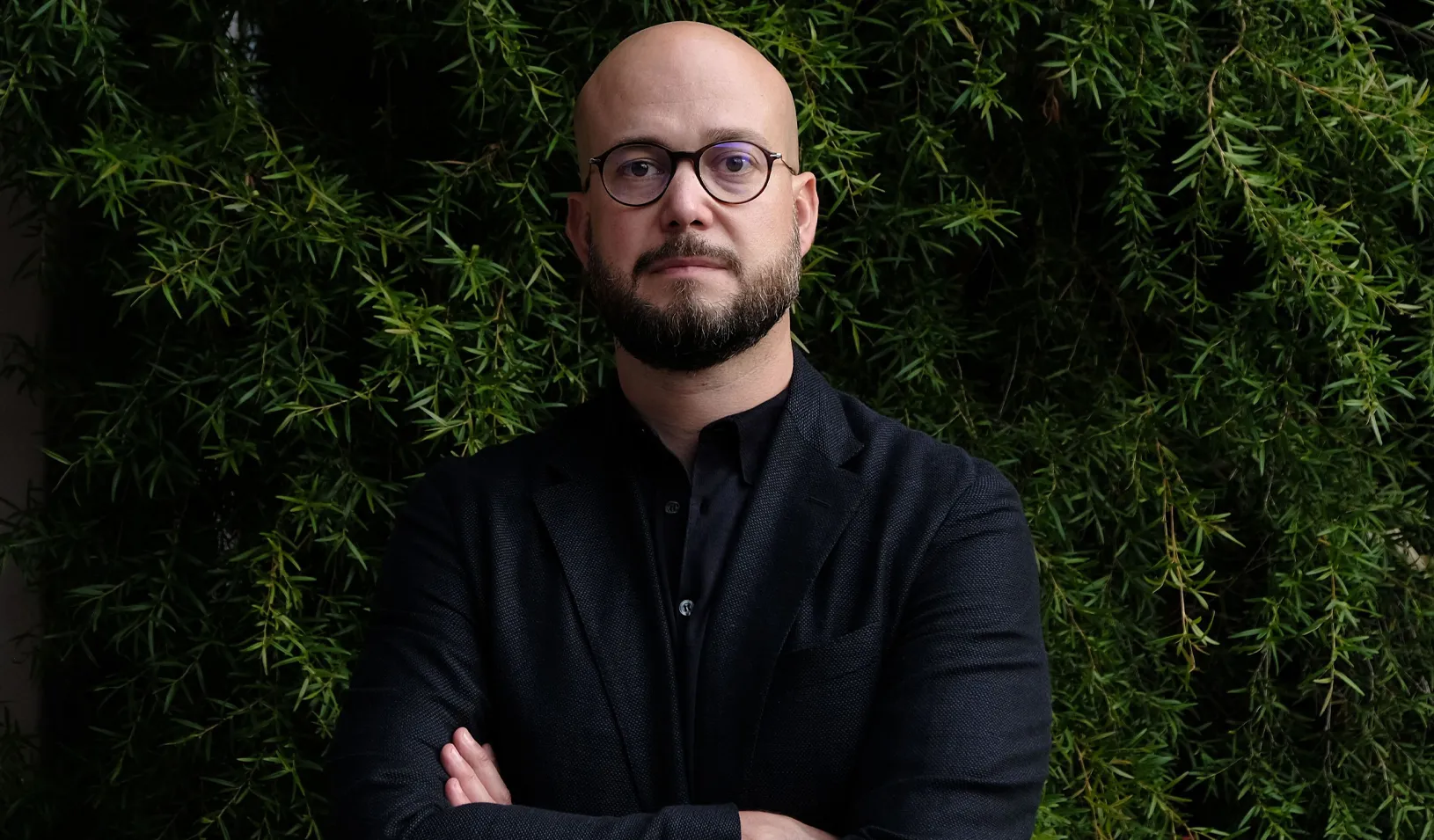Matteo Maggiori, a professor of finance at Stanford Graduate School of Business and senior fellow at the Stanford Institute for Economic Policy Research (SIEPR), has been named a 2022 Andrew Carnegie Fellow. He joins a class of 28 fellows, each of whom receives up to $200,000 to support their research in their chosen field.
Maggiori, an expert in international macroeconomics and finance, plans to use the fellowship to carry out new research on China’s efforts to position its currency, the renminbi, as an international currency. This includes creating new statistics and analyses of Chinese financial assets held around the world to help shed light on what the rise of the renminbi as an international currency could mean for the global financial system and on possible policy responses.
“I am delighted to be awarded the Carnegie Fellowship,” Maggiori said, “and am grateful to the Foundation for affording me the freedom and flexibility to pursue my research.”
Maggiori focuses his research on global capital flows, tax havens, exchange rate dynamics, the international monetary system, and the role of the U.S. dollar as a reserve currency, among other topics.
He’s paid particularly close attention to the rise of China as a global financial player: In a paper published last year, for example, he helped highlight how official statistics on the amount of Chinese assets held by developed countries, like U.S. or European investors, vastly underestimate the actual value and, as a result, the extent of risk exposure to China these countries face. The reason, Maggiori and his co-researchers found, is because official data omitted the amount of equities and bonds that Chinese companies issue through subsidiaries in the Cayman Islands and other tax havens.
And a new working paper coauthored by Maggiori examines how China, as part of its strategy to internationalize the renminbi, has carefully controlled when different sets of investors gain access to its bond market.
“China — specifically, its integration into world financial markets — has been one of the most significant global developments of the last 20 years,” Maggiori said. “This requires new international economic policies, and the opportunity to provide the research to help guide them is exciting for economists like me.”
Maggiori says he is intrigued by the rapid growth in foreign holdings of China’s massive domestic bond market. “Why is it happening, how much do we need to worry about it and how will it affect other countries?” he asks.
Maggiori, who came to Stanford in 2019 after teaching at Harvard, is also co-founder and director of the Global Capital Allocation Project. The project — also led by Brent Neiman at the University of Chicago and Jess Schreger at Columbia University — aims to improve international economic policymaking through insights into the global allocation of capital.
For Maggiori, who earned his PhD in finance from the University of California, Berkeley, in 2012, the Carnegie Fellowship is the latest in a growing list of accolades. Among other awards, he received the top early-career honor in finance, the Fischer Black Prize, in 2021. Before that, he received a 2019 Guggenheim Fellowship and the 2019 Carlo Alberto Medal for the best Italian economist under the age of 40.
A version of this article was first published by the Stanford Institute for Economic Policy Research on April 26, 2022.
For media inquiries, visit the Newsroom.



